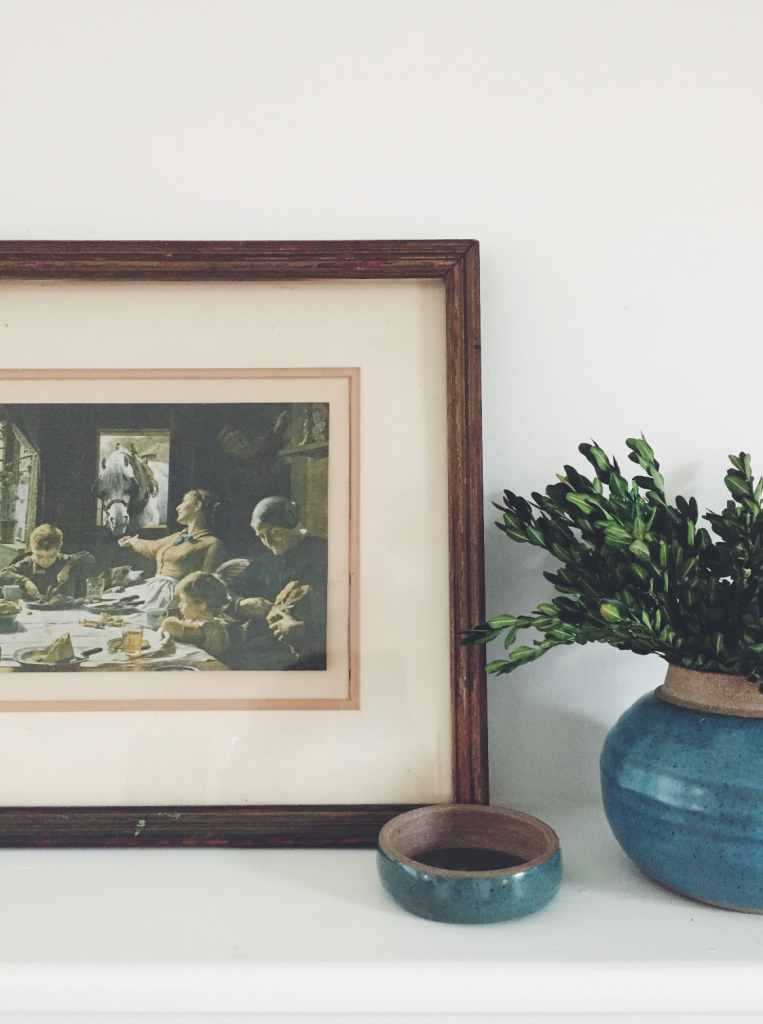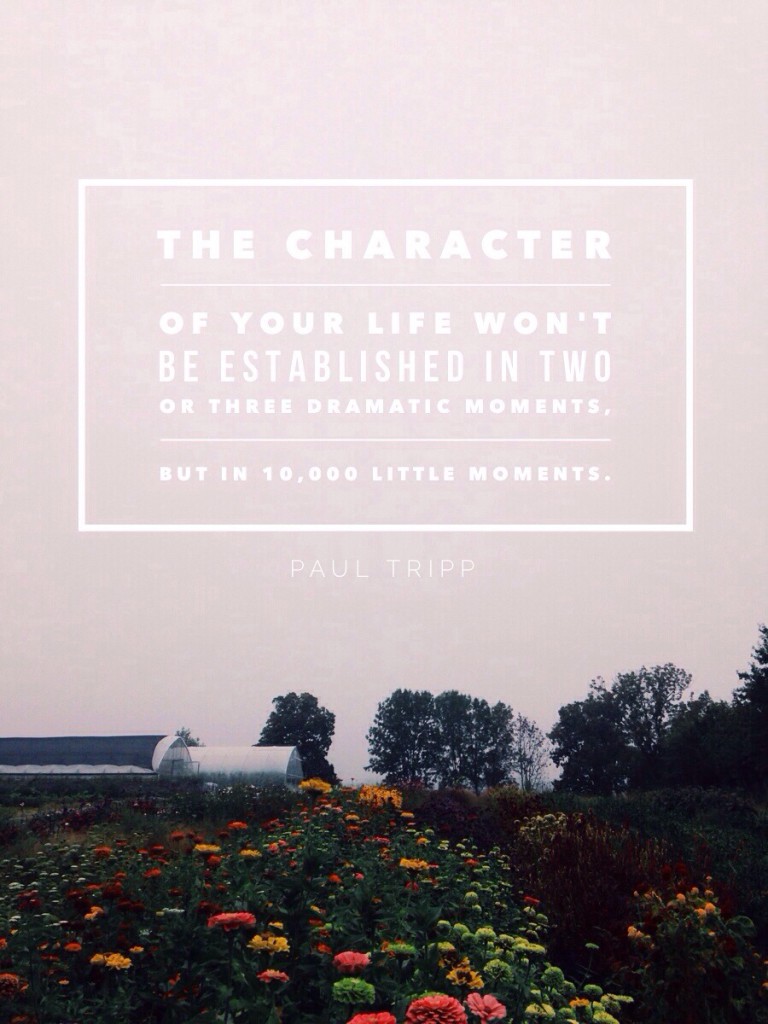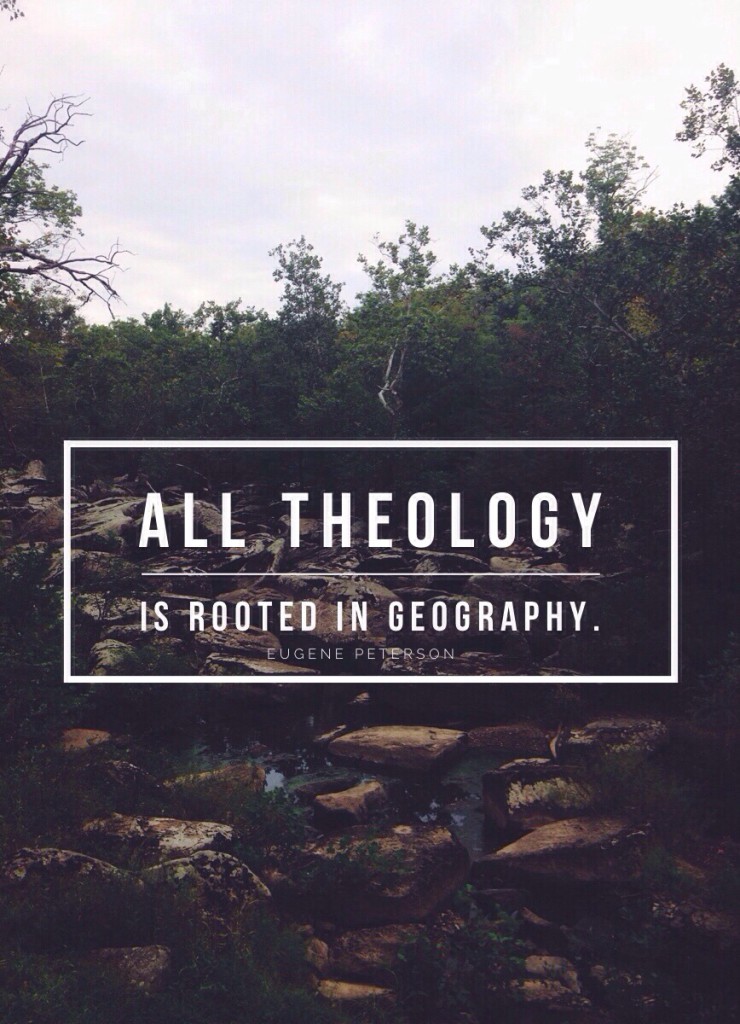Blessed are the Homesick
It is midwinter, or nearly so, and we got a small dusting of snow last week as if God was saying, "It is winter and I'll prove it to you." The windows have been open the last two days though and the air has that damp, mossy scent of midwinter or, in the colder climate of my home, early spring when all the snow has melted. It has been hard to be content here this year and yesterday the day began folding in on itself before it had really begun. It was still dark outside and I was late for an appointment, my keys locked in the car and my husband nearly to work with his set. He met me last night with profuse apologies for locking them in there and I'd forgiven him before it happened. It wasn't him I was so mad at, it was all of the other things that are out of my control and how helpless I feel to change any of it. I read a checklist of sorts the other day, questions to ask when you feel, as the article termed it, dead inside. I don't feel dead inside, not in the least, but I do feel numb and cold and sad and really, really tired in a way I've never felt before. One of the questions was, "How much new are you facing?" I said to Nate later that night, reading that question felt the same as when I queried on social media about good mattresses to buy because we have struggled to sleep deeply this year, and my mother-in-law quipped, "It could have something to do with the fact that in the space of one year, you've had to learn to sleep in three different time zones." It was a moment of clarity for me, and the empathy I've longed for from someone else. "Oh. Three different time zones. I am tired, and it's not a tired a good night sleep will fix."
This isn't meant to be an excuse, though I know it sounds of one. It's more just a reminder to me that I don't receive the grace God gives in the form of common things like sleep or good coffee or a good cry on the back porch or a long bath. I don't receive them without their sniggling sidekick shame.
Last night after Nate's apologies about the keys and after I told him, again, it was an honest mistake (And by honest, I don't just mean not intentional, I mean, they were locked in there because he had tried to serve me by starting the car early with one set on that one snowy day and locking the front door with the other set.), we had a fight. We don't do shouting matches and stomped feet and slamming doors, but last night was the first time in our marriage I wanted to. I felt so misunderstood and unheard and unable to explain how deeply sad and tired I am about some things—things I'd beg you to not assume, because either they're not that complex and the joke's on me, or they are, and the joke's on you. The base of our fight rested on the premise of every fight known to man since those two feuding brothers in Genesis four: unmet expectations.
It is hard to learn the difference between good hopes and bad ones, godly ones and ungodly ones, righteous longings and selfish ones. Even the most righteous hope can be tinged with self-gain and even the nastiest longing finds its roots in the hope for something good and right. We love, Saint Augustine said, in a disordered way. We either want the right thing in a wrong way or the wrong thing in the right way and we press the longing for God farther and further down, until someone asks what we want, and we can't even answer straight because we're so confused.
Nate asked me last night what would happen if I didn't get what I want (in this case, a good and right God-ordained desire) and I couldn't answer. And when I finally did, I sputtered out words about knowing the theological answer but not being able to shake the unshakeable longing in my heart for what I know is right.
I woke this morning with the words from Psalm 68:6 in my head, "He sets the lonely in families," and then I read this from Karen Blixen (Isak Dinesen), author of Out of Africa, or, if you prefer—as I do—Babette's Feast and more.
Nobody has seen the trekking birds take their way towards such warmer spheres as do not exist, or rivers break their course through rocks and plains to run into an ocean which is not to be found. For God does not create a longing or a hope without having a fulfilling reality ready for them. But our longing is our pledge, and blessed are the homesick, for they shall come home.
I know there is a home out there, a place where we will eventually settle and be settled, and as much as I long for it to be somewhere on earth, it may not come until the earth is new and the kingdom of God is established on it. This morning, though, I am comforted by Blixen's blessing, "Blessed are the homesick," because there is a promise of God following it: one day, we shall go home.





 We're an ambitious lot, you and me. Armed with our five and ten year plans, our budgets, our ideas, our visions. We stockpile shortcuts and wisdom and switchbacks, the fastest and easiest routes to success. We set high goals and adhere to rigorous demands and diets and designs in the pursuit of domination over some thing in our lives. We determine to win.
We're an ambitious lot, you and me. Armed with our five and ten year plans, our budgets, our ideas, our visions. We stockpile shortcuts and wisdom and switchbacks, the fastest and easiest routes to success. We set high goals and adhere to rigorous demands and diets and designs in the pursuit of domination over some thing in our lives. We determine to win.


